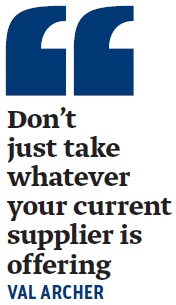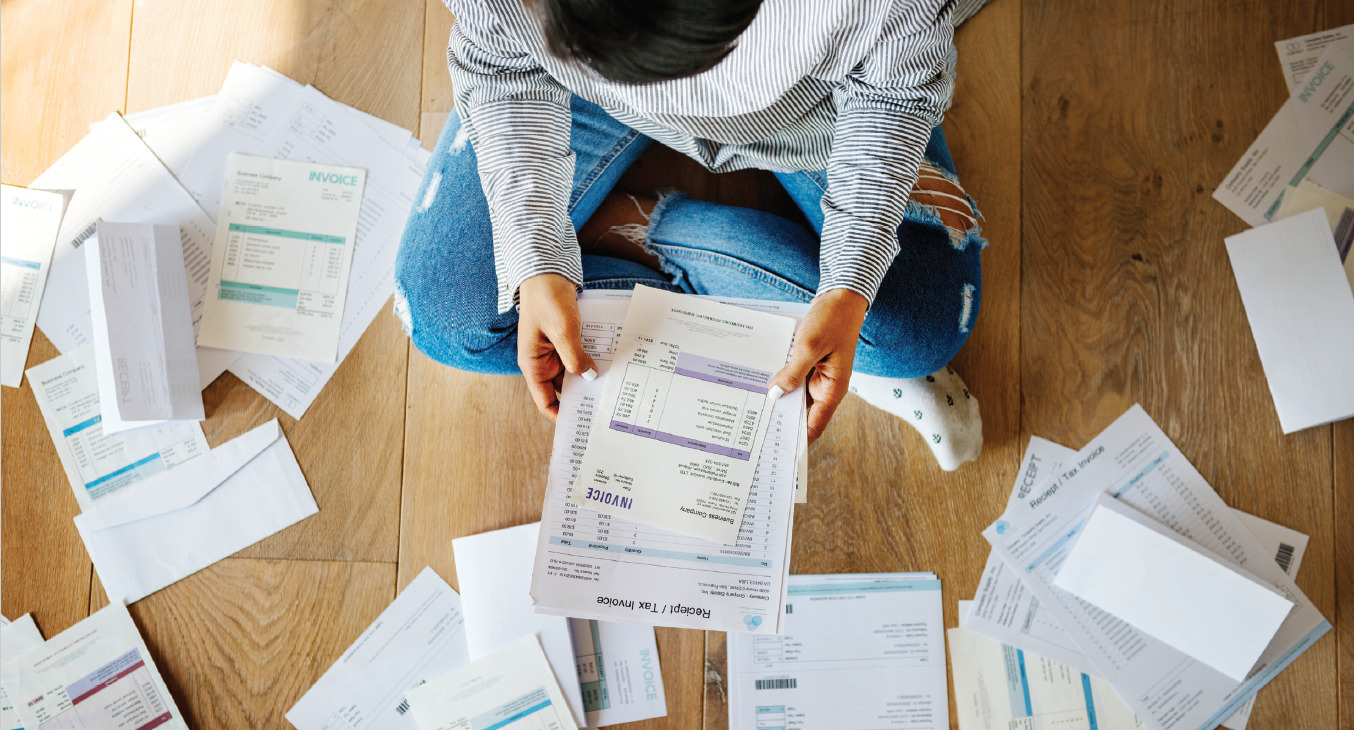This year looks set for many things to become more expensive, with gas and electricity prices continuing to grow at alarming rates. While there are many things that retailers can do in store to keep their energy usage down, there are also ways that they can reduce their bills by sourcing suppliers carefully and negotiating the terms to get the best possible deal for their store.

“Definitely shop around and don’t just take whatever your current supplier is offering,” recommends Val Archer, from Biddulph Convenience Store in Stoke-on- Trent, Staffordshire. “Always question it. I find they’ll often send written quotations, and if you ring them and say ‘what on earth are you playing at?’, they’ll then offer you a lower quote.”
There are benefits and drawbacks to getting a longer- or shorter-term contract, and it is up to your instincts about which is the right one for you. With energy costs volatile at the moment, it might be tempting to go for a longer-term one to offset any potential increases down the line, but that runs the risk that you’re left paying peak prices when they drop.
“You’ve got to be careful you don’t sucked into something,” says Archer. “If you fix yourself for four years at the top of the market and then something happens and prices come down, you’re trapped. Previously, I would do contracts for one or two years, but I was very lucky and found a four-year contract last year before the prices went up.”
Smart meters are also something retailers should consider, but they must be aware of the disruption they can cause.
“We haven’t installed a smart meter because it would mean shutting everything down for 15 minutes and we’re trading all the time, so it would cause problems,” says Ronak Patel, who runs Budgens Arbury in Cambridge.



Comments
This article doesn't have any comments yet, be the first!